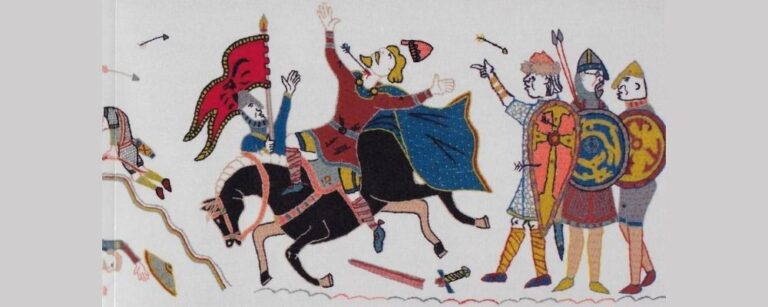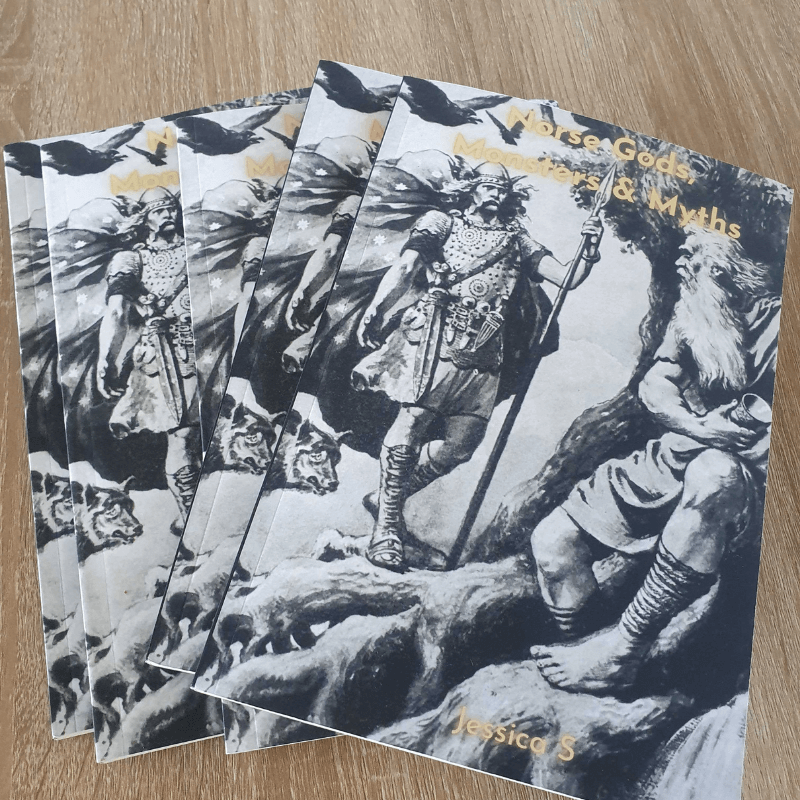Traditionally, the start of the Viking age is dated from 793 CE, when the Vikings attacked the monastery at Lindisfarne in England.
However, there is evidence that the Vikings were raiding in the Baltic region up to a century earlier, and they may have been actively raiding elsewhere.
The traditional end date for the Viking age is given as 1066, when the Vikings lost the Battle of Stamford to the English, and the English lost to the Normans at the Battle of Hastings.
While this ended Viking domination in England, there is also almost no evidence that the Vikings continued to raid in Europe after this date.
Why did the Vikings stop raiding in the middle of the 11th century and what factors led to the end of the Viking age ?
Who Were the Vikings
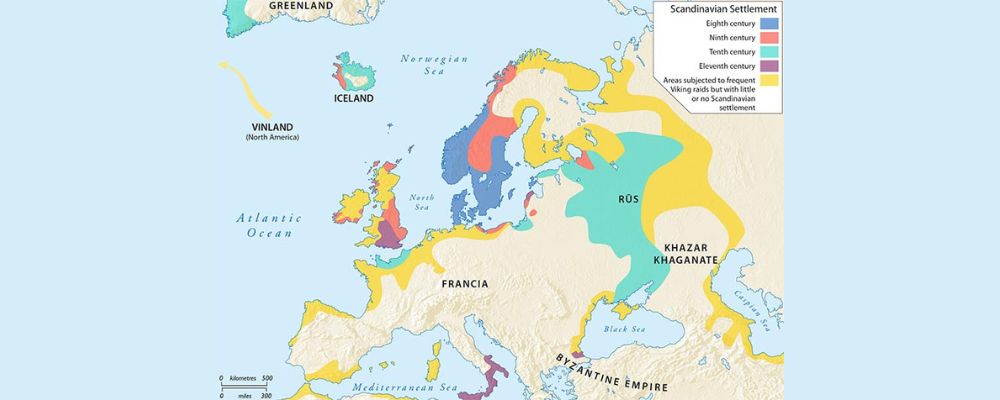
Today, we often use the term “Viking” as short-term for the people from Sweden, Norway, and Denmark between the 8th and 11th centuries and their descendants who settled in places like Iceland, England, Ireland, and the Baltic.
But these people never referred to themselves as Vikings, instead they would have called themselves Danes, Swedes, or another ethnic appellation.
They are probably more accurately called Northmen, another term that was used in the day by other communities to refer to men who came from the North.
The word Vikingr in Old Norse refers to pirates. Many Northmen were pirates who raided neighbors for their wealth, but not all.
But many neighboring peoples, like those of England, principally had contact with the Northmen through their piratical raiding activity, so they thought of them as Vikings, while referring to them by a variety of terms including Northmen, Danes, and Vikings.
The Vikings were also not the only pirates of their day.
The Swedes themselves complained of Estonian Vikings who attacked their settlements.
So, when we refer to the Viking age, we are referring to the period when the Northmen were conducting raids against their neighbors, which primarily occurred between 750 and 1066 CE.
But in 1066, it is not as if they just disappeared.
The Swedes, Norwegians, Danes, and Icelanders continued to thrive, but raiding was no longer one of their core economic activities.
Why not ?
Why Did Raiding Begin?
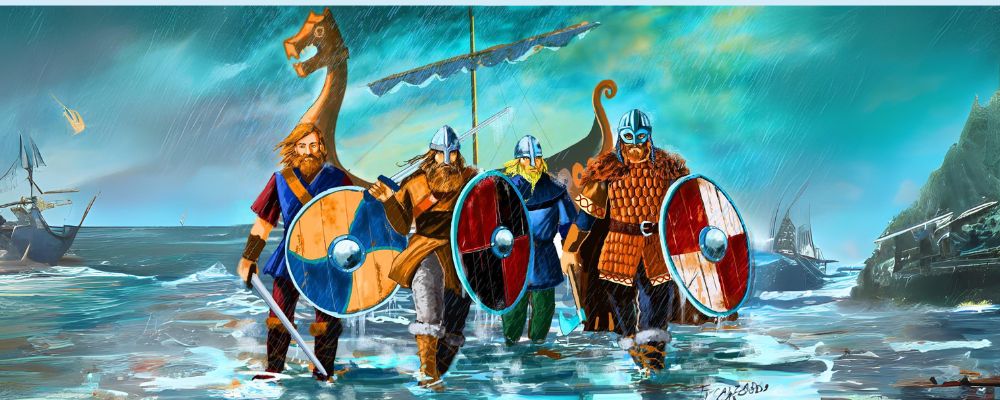
There are several theories as to why Viking raids began.
Most scholars suggest that good harvests saw populations increase, which placed pressure on the land.
Therefore, young men were encouraged to put to sea and discover new lands that they might be able to settle.
It is important to remember that in addition to raiding the Vikings settled in Iceland, Greenland, Orkney, England, Ireland, France, and in the east in the Balkans and as far as parts of Russia.
There is also the fact that new ship technology allowed them to travel further, and they came into contact with new, wealthy cultures.
When they landed in England at the end of the 8th century, they were probably surprised to find monasteries, which were poorly fortified buildings filled with extravagant riches.
Christians in this age didn’t see the need to fortify their monasteries since it would be sacrilege to attack and steal from one. To the Vikings, it must have felt like taking candy from a baby.
Early raids were probably very successful.
The evidence suggests that the Vikings were much bigger and stronger than their southern neighbors, with some warriors measuring six feet tall.
On average, they were almost ten centimeters taller than the English and the French, and with a better diet based on proteins rather than grains, they were probably stronger.
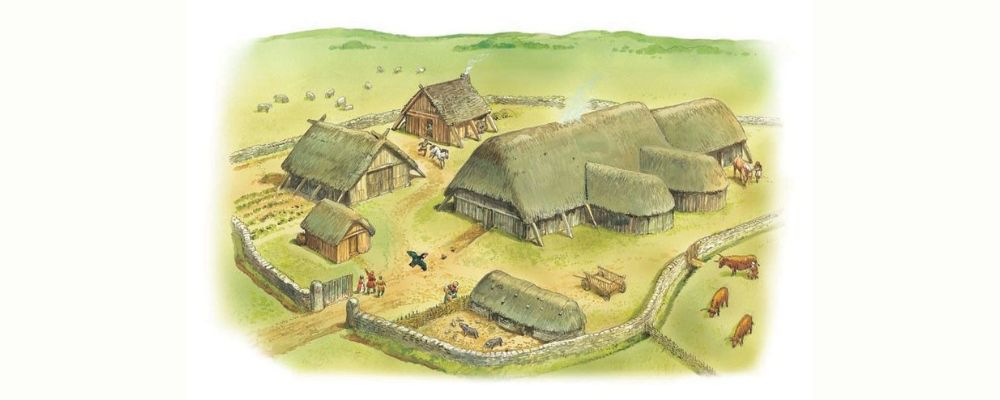
Their shallow bottom ships also allowed them to sail right up to coasts and down rivers, launching surprise attacks, causing havoc while the settlement was unprepared, and leaving before they had an opportunity to make a counterattack.
Consequently, for a few centuries, raiding was a viable and attractive economic proposition.
The structure of Viking society also made it possible.
People were organized into relatively small communities led by a local chief.
Within the community, there would be scores of relatively wealthy landowners who had prosperous farms worked by family members, paid hands, and slaves.
This gave the individual landowners the wealth to invest in ships and weapons and the time to spend several months a year away from home as part of relatively egalitarian raiding parties led by a chief.
A story from the Frankish Annals has a band of Danish Vikings arriving in Frankish lands and when the Frankish emissary asks to see their leader.
The Vikings respond that they are all leaders.
What Changed to End the Viking Age?
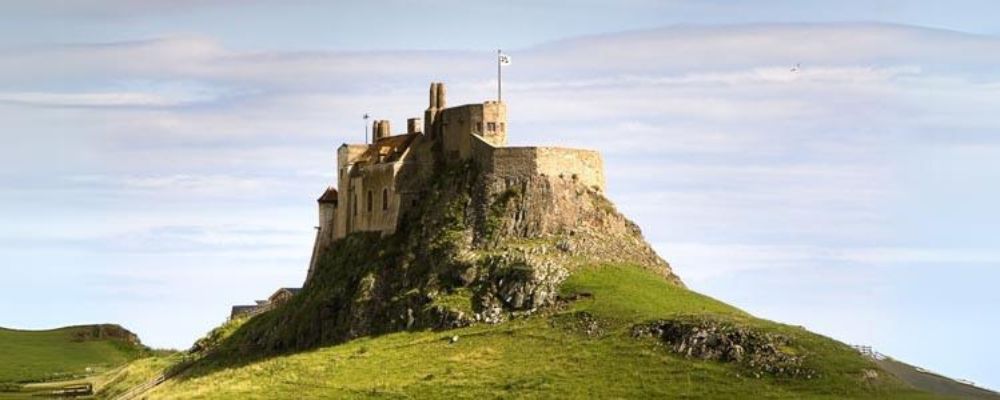
So, what changed to make raiding a less attractive prospect ?
Probably first and foremost, the communities that the Vikings preyed on learned to mount better defenses.
They started to fortify their monasteries and important cities and they moved some of them inland where they would be less vulnerable to surprise attacks.
Smaller kingdoms also solidified into larger ones under the rule of a single king.
They gathered around them a permanent professional army that was better able to combat the Viking threat.
While the Vikings were big, tall, strong, ferocious, and experienced warriors, raiding and fighting was only ever a part-time job.
On the flip side, the Vikings also changed, largely due to the adoption of Christianity.
This happened throughout the 10th and 11th centuries.
The conversion probably started as a necessary step to form alliances with powerful neighbors such as the Germans and the Holy Roman Empire.
At this point in time, Christian kingdoms could only form alliances with other Christians.
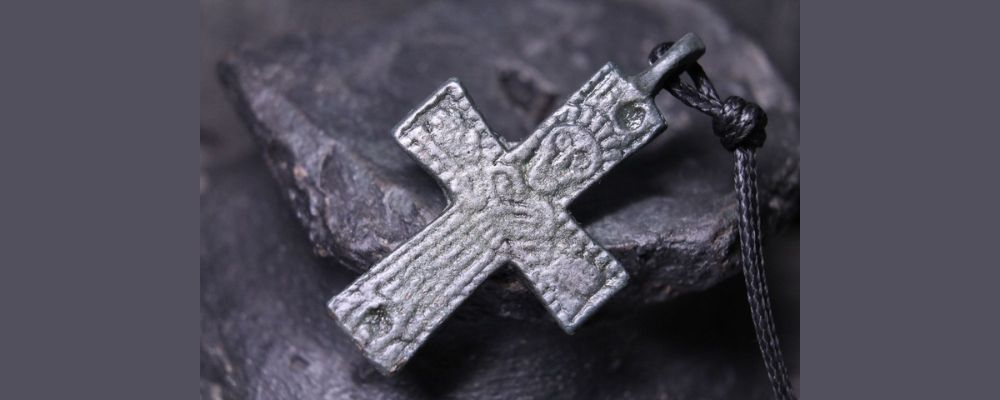
Christianity also suited the new Viking leaders who were expanding their territories and consolidating them into single large kingdoms.
Harald Fairhair was considered the first king of all Norway in 885 CE, while Sweyn Forkbeard and Cnut the Great ruled over a North Sea Empire that included parts of England, Denmark, and Norway in the early 11th century.
Christianity supported an idea of divine right to kingship and loyalty based on religious responsibility rather than benefit.
This allowed the powerful Viking rulers to consolidate their rules without the need for common consent from wealthy Viking landowners.
As part of this, there were also fewer wealthy landowners as wealth became concentrated in the hands of very few.
There were now a large number of landless men who were tied to the land they worked on to pay rent and fees while supporting their families.
That meant that there were fewer men available to launch raiding parties.
Plus, raiding Christian neighbors did not keep with the tenets of Christianity.
In the Bjarnar saga Hítdælakappa, King Ólafr told Björn that he wanted Björn to give up raiding, saying, “Though you feel it suits you well, God’s law is often violated.”
So, as the Vikings joined the Christian world, raiding fizzled out.
The Vikings also began to look increasingly like their Christian neighbors, so their distinctive period in history kind of came to an end.
But did the Vikings Disappear ?
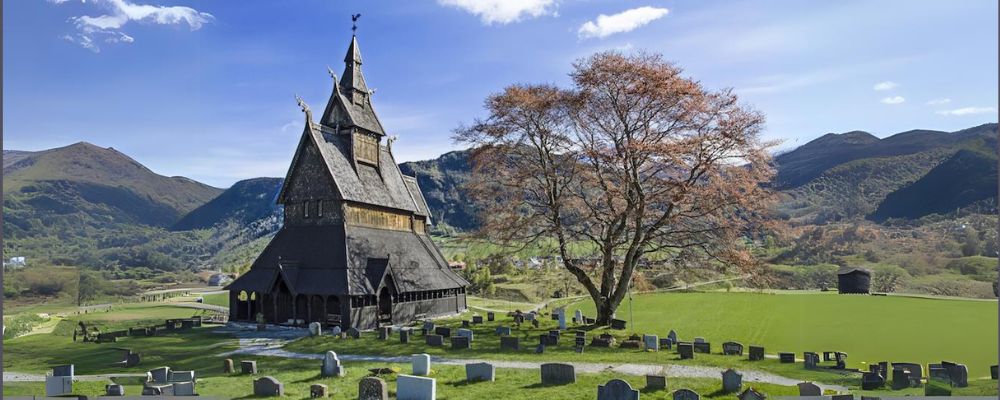
But while the Vikings began to write in Latin and pray in church, the culture of the Northmen continued to thrive in many ways. In the 13th century, Iceland was already very much a Christian country, but there were still powerful lords who governed by egalitarian consensus through the Thing, as related by the contemporary Snorri Sturluson.
And while the Icelandic author used Latin letters, he used them to write in the Old Norse language.
Viking religious traditions also survived. For example, King Haakon I of Norway actively changed the dates of the traditional Norse Yule celebration to coincide with Christmas, and many Norse Yule traditions became part of Christian Christmas traditions.
Traditions such as decking the halls and St Nicholas’ nighttime flight all have Norse origins.
Norway’s wooden stave churches drew on architectural traditions related to Old Norse religion.
But one of the traditions that doesn’t seem to have made it through the transition is raiding.
This was partly religious since Christians should not attack other Christians, although we know this often happened, for example with the Norman invasion of England.
This objection probably could have been overcome if raiding was still economically attractive and viable within Norse social structures.
